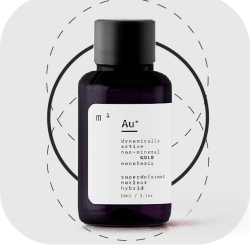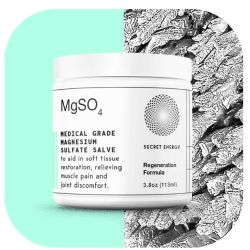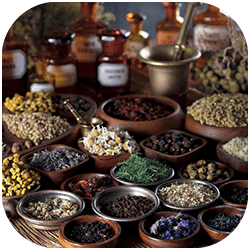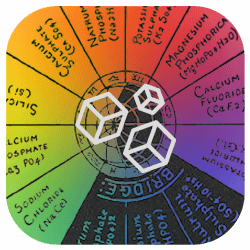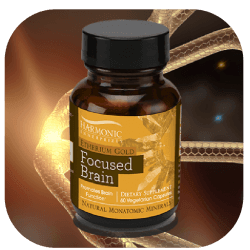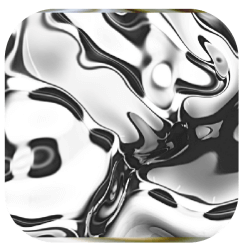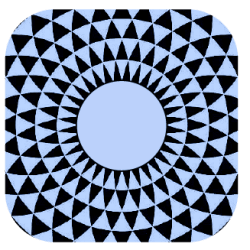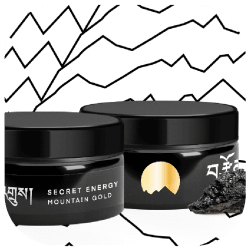The cornea is the outermost transparent layer protecting the eye. The curve of the cornea influences the refraction which determines whether vision is nearsighted or farsighted.
Modern medicine treats cornea problems with various medications and procedures. Always see a professional when corneal problems are suspected.
Using natural supplements of herbs, cell salts, and homeopathic remedies can support the body to heal itself and can be taken along with medications (check with your doctor). For good eye nutrition, use a whole-food natural vitamin from New Chapter. The absorption is better with this type of supplement.
Herbs for Cornea Problems
Herbs are plants valued for their specific strengthening/ tonifying properties.
Dr. Christopher’s Herbal Eyebright – for vision and inflammatory eye conditions, use for several weeks
External applications:
Dr. Christopher’s Herbal Eyebright liquid drops. (To use, dilute 5 drops of the tincture in 1 ounce dropper bottle and fill with an ounce of distilled water. Put several drops in the eye up to 3 times a day. This may cause a temporary stinging sensation. Keep refrigerated and renew dropper bottle once a week.)
Cell Salts to Help Cornea Problems
To make a cell salt solution, put up to 10 tablets of each cell salt in a 16- to 24-ounce bottle; fill with water and swirl to dissolve tablets. Sip throughout the day.
#1 Calc fluor 6X – corneal flexibility
#9 Nat mur 6X – corneal dryness
#12 Silicea 6X – corneal flexibility, scarring
Cornea Homeopathic Remedies
Homeopathic remedies are non-toxic natural medicines safe for everyone including infants and pregnant or nursing women. You may use 6X, 30X, 6C or 30C potencies.
The following homeopathics are for cornea blisters, burning sensation, inflammation and redness, infection and pus, scarring, swelling, pressure, sharp pains:
Cornea blisters
Apis mellifica – allergic puffy eye; stinging; hot tears; pus, inflammation.
Arsenicum album – burning; hot acrid tears; photophobia; restlessness, worse at night.
Mezereum – dry eyes, they feel too large; cold feeling and stiffness of bone; twitching; radiating pains.
Rhus tox – pustular inflammations, photophobia; stiff eyes; feels worse in change of weather or damp weather.
Cornea burning sensation
Arsenicum album – burning; hot acrid tears; photophobia; restlessness, worse at night.
Causticum – paralysis of eye muscles; profuse acrid tears; eye pain; heavy drooping eyelids.
Kali iodatum – sunken eyes; inflammation of the iris; profuse tearing; glaucoma; photophobia.
Sulphur – burning sensation; ulcerations; worse from heat; oily tears; photophobia.
Mercurius vivus – burning acrid discharges; burning pains; pupils dilated; temperature sensitive.
Corneal inflammation and redness
Aethiops antimonialis – corneal ulcers; other corneal problems.
Apis mellifica – allergic puffy eye; stinging; hot tears; pus, inflammation.
Belladonna – throbbing; pupils dilated photophobia, squinting.
Hepar sulph – corneal ulcers; photophobia; sensitive to air; sore to touch.
Mercurius vivus – burning acrid discharges; burning pains; pupils dilated; temperature sensitive.
Nitricum acid – sharp sticking pains; photophobia; double vision; paralysis of upper eyelids.
Sulphur – burning sensation; ulcerations; worse from heat; oily tears; photophobia.
Corneal infection and pus
Calc sulph – inflammation of the eyes with thick yellow discharge.
Nat sulph – photophobia; green pus; hot crawling or burning eyes; heavy eyelids; weak vision.
Pulsatilla – mucus, conjunctivitis with bland discharges; sties; sand sensation in eyes; weeps easily.
Corneal scarring
Aethiops antimonialis – corneal ulcers; other corneal problems.
Calcarea carb – spots and ulcers on cornea; dilated pupils; tendency to obesity.
Conium – photophobia; dizziness; excessive tears; conjunctivitis; cataract after eye injury.
Graphites – eyelids red swollen and dry; eczema of eyelids; photophobia; inflammation.
Kali bichromicum – yellow spots; inflammation of the iris; yellow ropy mucus; photophobia; severe ulceration.
Corneal swelling with pressure and sharp pains
Apis mellifica – allergic puffy eye; stinging; hot tears; pus, inflammation.
Kali carb – sharp pains and pressure; small round ulcers on cornea; deep pain in eyes; swelling of eyelids.
Source: Dave’s Healing Notes




